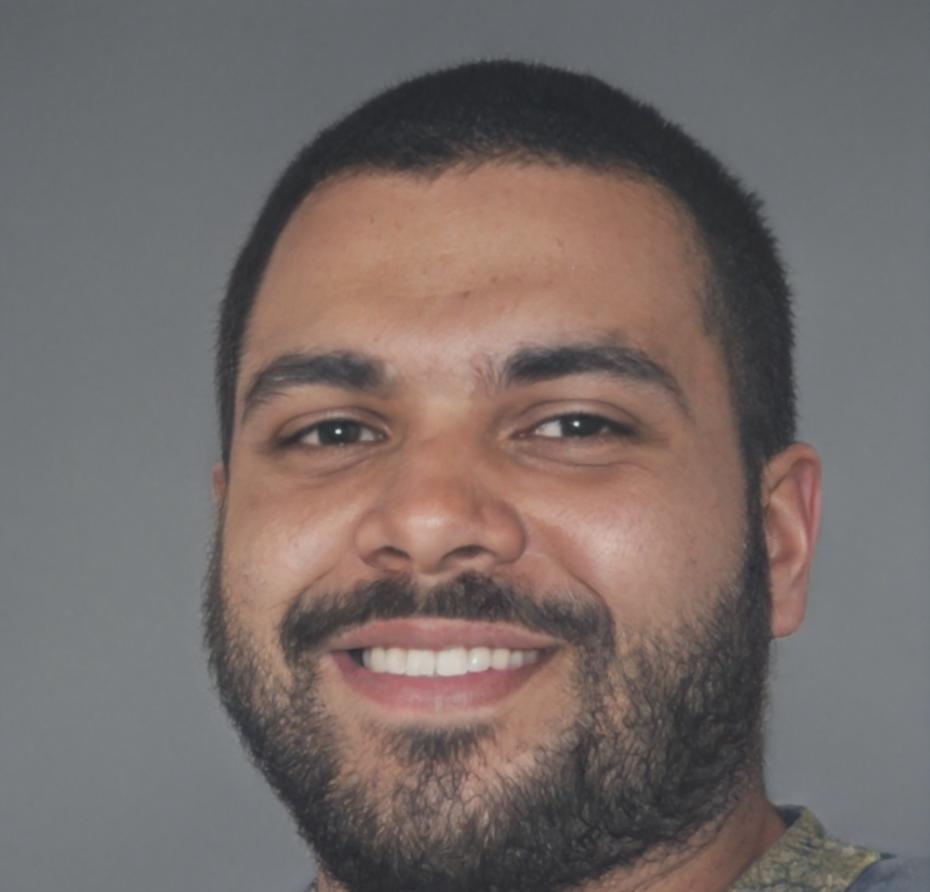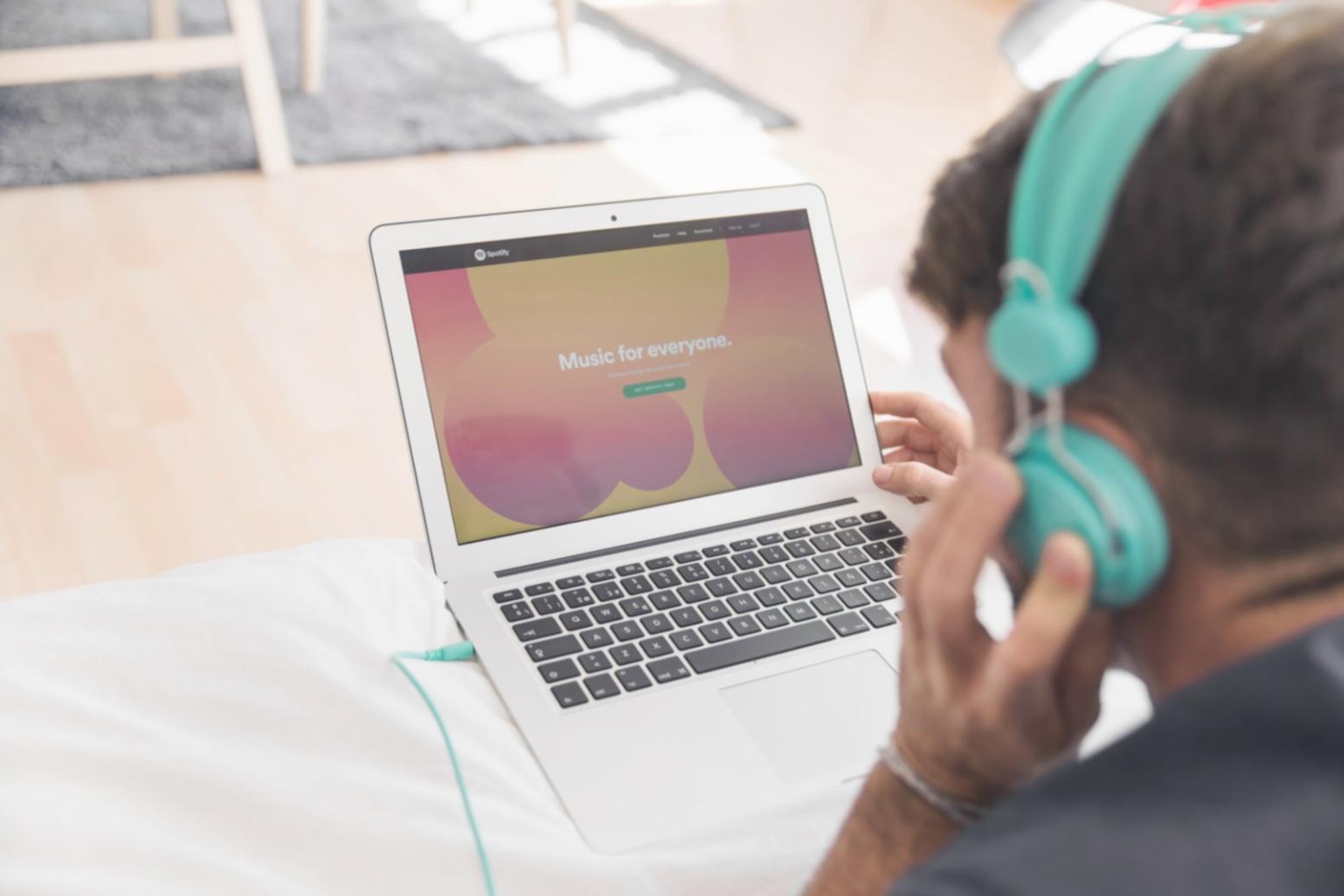Start With Problems, Not Solutions
Our August 2025 intensive begins with identifying real friction points people experience. You'll learn interview techniques that uncover what customers struggle with, not what they claim they want.
Most business ideas fail because they start with what people want to sell, not what customers actually need. We teach you how to spot genuine market openings and test them before you invest serious money.
See Our Approach
After watching hundreds of hopeful entrepreneurs over the past few years, we've noticed patterns. Here's what typically derails business ideas before they even launch.
You love woodworking, so you think others will pay premium prices for handmade furniture. But passion doesn't equal demand. We show you how to validate interest before you buy equipment.
By the time TikTok showcases a business model, the market's already crowded. Instead of chasing trends, learn to identify emerging needs in your local community or industry.
People spend months perfecting products nobody asked for. We teach you to run small experiments first. Get actual customer feedback before committing to inventory or infrastructure.

Our August 2025 intensive begins with identifying real friction points people experience. You'll learn interview techniques that uncover what customers struggle with, not what they claim they want.
Before building anything substantial, you'll design simple experiments. Set up a landing page, run targeted ads with a small budget, or create a waitlist. Real interest shows up in actions, not survey responses.
We focus on unit economics from day one. Can you acquire customers profitably? What's the actual cost to deliver your service? Our spreadsheets might look boring, but they prevent expensive mistakes.
Most ideas need modification after initial testing. You'll learn when to pivot, when to persist, and when to abandon an idea entirely. Sometimes the best business decision is recognizing what won't work.

Workshop Participant, 2024
I wanted to open a specialty coffee roasting business. The validation process showed me the market was saturated, but uncovered demand for mobile coffee catering at corporate events instead. Completely changed my direction.
Henrik avoided signing a three-year lease for a retail space that would have struggled. His mobile catering service launched with lower overhead and immediate bookings from companies he interviewed during validation.
He's now considering whether to add a second van, but he's testing demand first through weekend bookings before committing to expansion costs.

Learn to build realistic financial projections. We cover startup costs, operating expenses, pricing strategies, and break-even analysis. You'll leave with spreadsheet templates you can actually use.
Master the art of asking questions that reveal true needs. We practice interview scripts, survey design, and how to interpret responses accurately without confirmation bias clouding your judgment.
We keep groups small so everyone gets individual feedback on their specific business concepts. Sessions run weekly over six weeks, with homework between meetings. Expect to spend about five hours per week on this.